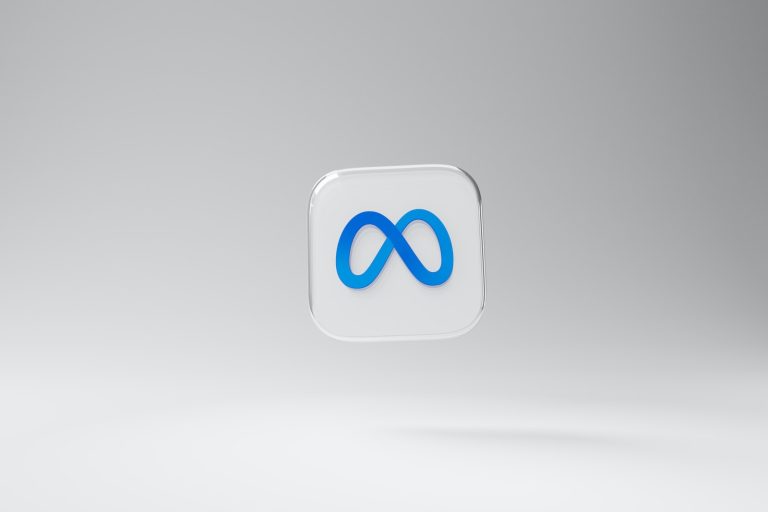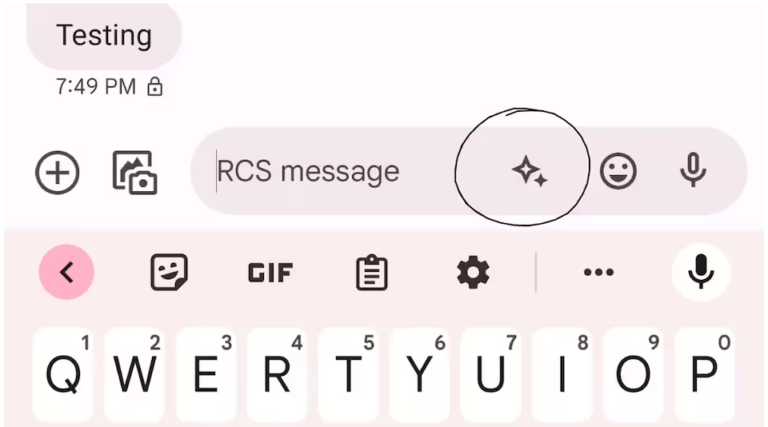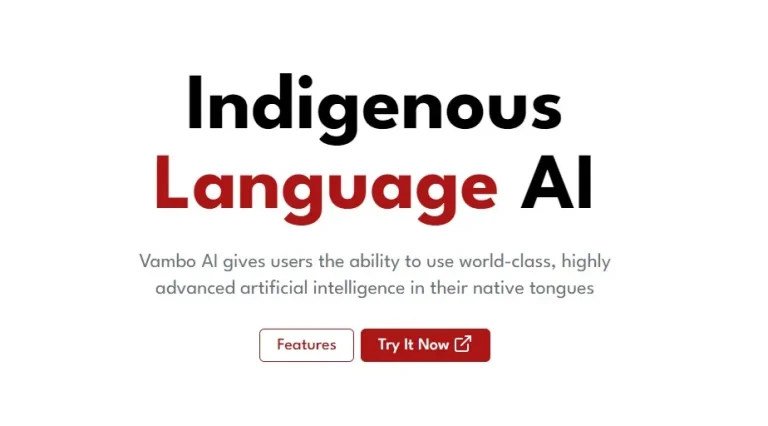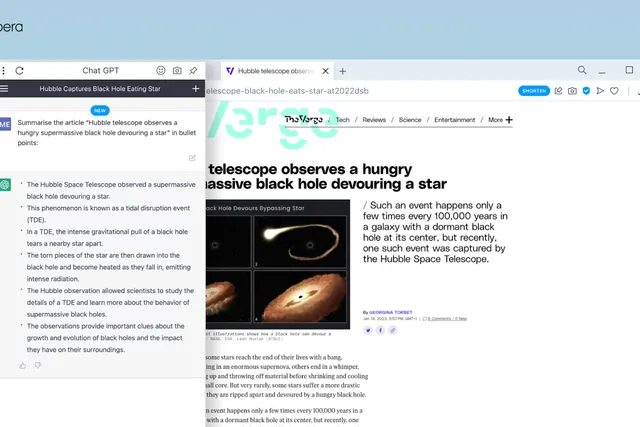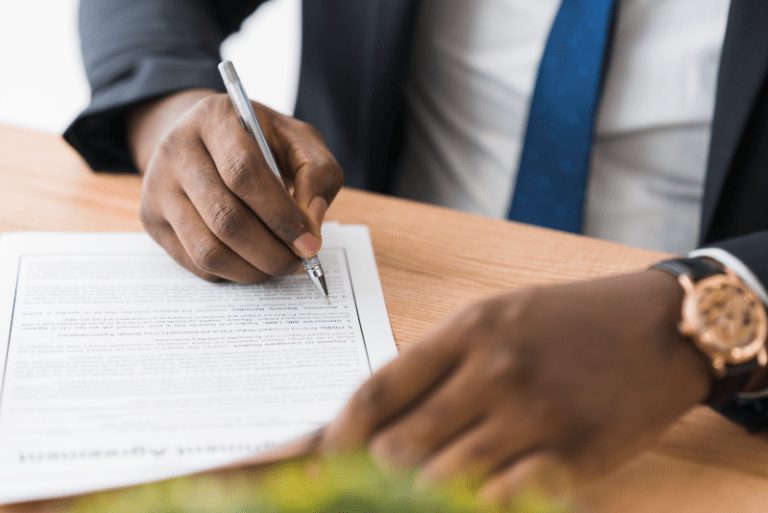World’s First Robot Lawyer set to Defend in Court
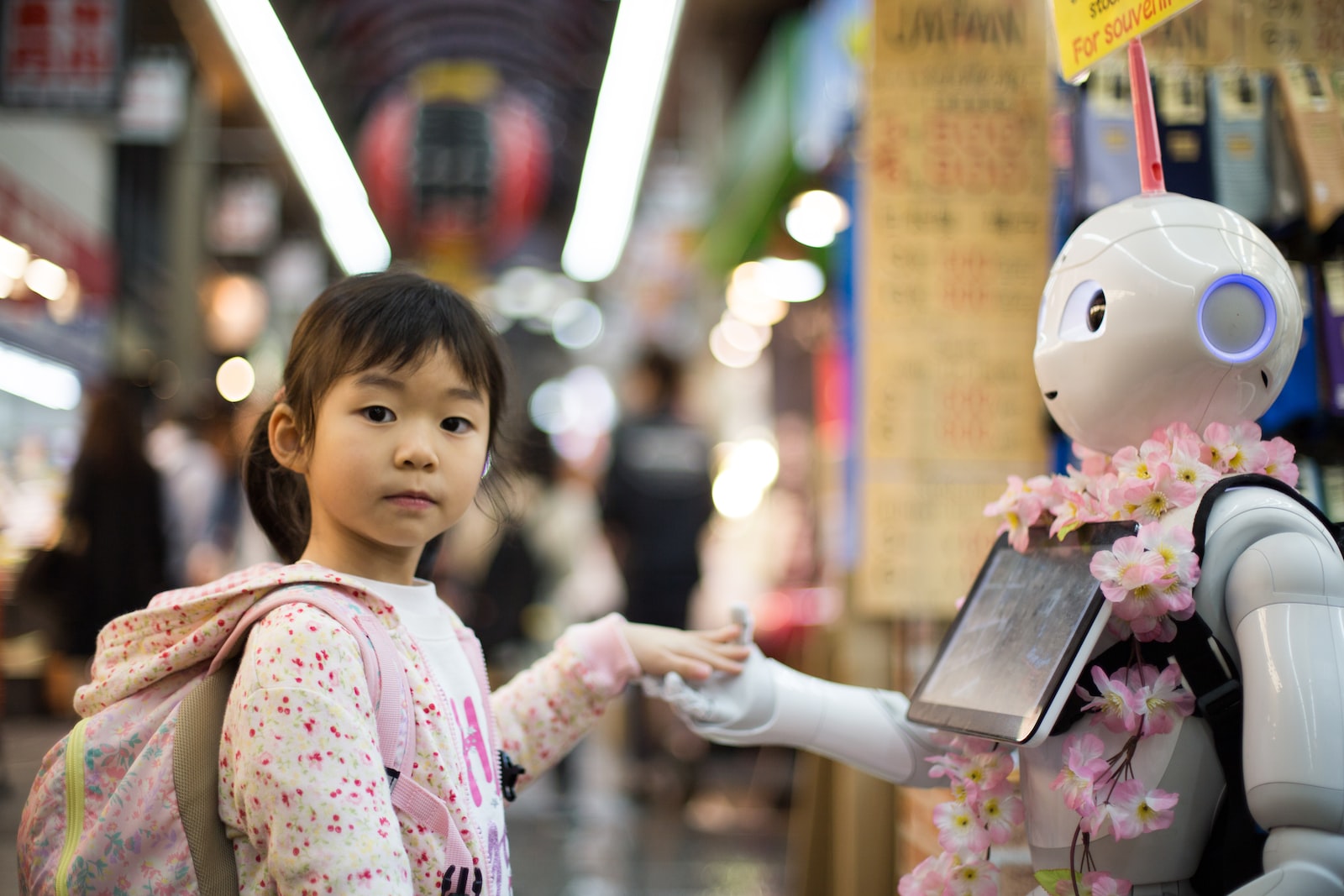
Next month, a “robot” lawyer powered by artificial intelligence will be the first of its kind to assist a defendant in fighting a traffic ticket in court.
DoNotPay CEO Joshua Browder stated that the company’s AI-creation runs on a smartphone, listens to court arguments, and formulates responses for the defendant. Through headphones, the AI lawyer instructs the defendant on what to say.
According to Browder, the artificial intelligence firm has already used AI-generated form letters and chatbots to help people secure refunds for in-flight WiFi that didn’t work, as well as lower bills and dispute parking tickets.
Overall, he added, the company has used AI templates to win more than 2 million customer service disputes and court cases on behalf of individuals against institutions and organizations.
It has raised $27.7 million from venture capital firms focused on technology, such as Andreessen Horowitz and Crew Capital.
“In the last year, AI technology has really developed and allowed us to go back and forth in real time with corporations and governments,” he said of recent advances to CBS MoneyWatch. “We spoke live [with companies and customer service reps] to lower bills with companies, and we’re going to try to use the technology in a courtroom for the first time next month.”
DoNotPay will cover any fines if the robot lawyer loses the case, according to Browder.
Legal in some courts, but not in the majority.
Hearing aids, some of which are bluetooth-enabled, are permitted in some courts. That’s how Browder determined DoNotPay’s technology could be used legally in this case.
However, the technology is not permitted in most courtrooms. Some states require consent from all parties to be recorded, which eliminates the possibility of a robot lawyer entering many courtrooms. Only two of the 300 cases considered by DoNotPay for a trial of its robot lawyer were viable.
“It’s within the letter of the law, but I don’t think anyone could have predicted this,” Browder said. “It’s not in the spirit of the law, but we’re trying to move things along, and many people can’t afford legal representation. If these cases are successful, more courts will be persuaded to change their rules.”
“Lawyers would not support this,” they say.
According to Browder, the ultimate goal is to democratize legal representation by making it free for those who cannot afford it, potentially eliminating the need for expensive attorneys.
However, because the technology is illegal in many courtrooms, he does not anticipate being able to commercialize the product anytime soon.
“This thing in the courts is more advocacy,” he declared. According to Browder, “it’s more to motivate the system to reform.”
He is well aware of the difficulty and obstacles that lie ahead.
He told CBS MoneyWatch that when he tweeted about demonstrating DoNotPay’s robot lawyer in court, lawyers intimidated and warned him that he would go to jail.
According to Browder, “many bar associations and attorneys would not endorse this.”
ChatGPT is being put through law school
Browder wants to provide people access to the same resources that are generally only available to major organizations and out of the reach of people without significant financial means.
We’re attempting to automate consumer rights, according to Browder. We want to put new technology in the hands of the general public before they usually end up in the hands of large corporations.
The AI-powered chatbot ChatGPT has been quite popular recently due to its capacity to produce well-written essays on a variety of subjects in under one minute. Investors have expressed interest in the technology, and according to the Wall Street Journal, parent company OpenAI may soon raise capital valued at $29 billion.
But Browder drew attention to its flaws and, in some cases, crudeness.


